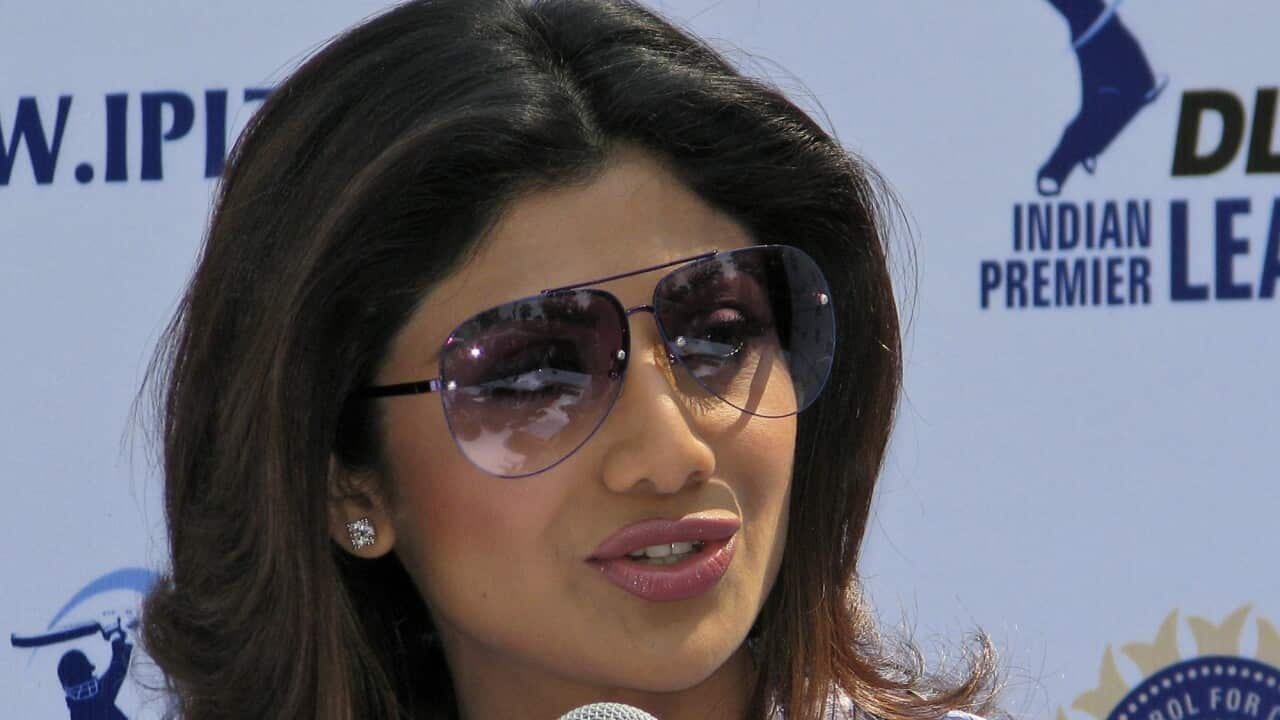Highlights
- President of the Indian Crescent Society of Australia, Abbas Raza Alvi says many faiths in Australia celebrate Ramadan
- Churches, Gurudwaras, and state premiers organise iftari in Australia
Sydney resident Abbas Raza Alvi feels many faiths have begun to celebrate Ramadan since he first arrived in Australia from India in 1989.
“Here churches, gurudwaras (Sikh temples), local governments, and even the state premiers organise iftari," Mr Alvi told SBS Hindi.
The meal with Muslims break their daily fast after evening prayers is called iftar or iftari. The food is shared among family and friends.
Mr Alvi said organisers try to bring their own uniqueness to iftari through their offerings.
"They serve special cuisines but at the same time are sensitive to our beliefs, religion, and culture," Mr Alvi said.
Ramadan or Ramazan celebrations take place during the ninth month in the Muslim Lunar Calendar.
Muslims observe roza (fast) from dawn to dusk every day. Mr Alvi said Ramadan is all about community.
Mr Alvi said Ramadan is all about community.

Traditionally, Rozadars, people who observe a roza, break their fast with dates. Source: Getty Images/Usman Ahmad/EyeEm
"One prays, eats, and celebrates with the community," he said.
He said the Muslim community has made more space on their dastarkhwan, a traditional way of serving food, to include people from other faiths and also the changing food habits of Muslims.
"It is about respecting people and their choices."
We ensure that food for vegetarians is separate from non-veg offerings of the evening.

Mr Alvi is the President of Indian Crescent Society of Australia, an organisation of Indian-Muslims in Australia Source: Supplied by Abbas Raza Alvi
“Earlier, 10 to 15 families used to get together at the time of iftari," he said.
"Now this gathering has come down to two to three families. The impact of coronavirus has reduced, but the pandemic is still very much here."
Mr Alvi hails from the north Indian state of Uttar Pradesh and is proud of his roots.
“Islam in India always had a strong Hindu influence," he said.
"There is a history of cohabitation, which reflects in the daily life of practitioners of the faith.'
Mr Alvi fondly remembers his time in India.
“I remember roze was just not a Muslim way of fasting back in the day. People from other faiths like Hindus and Sikhs also observed fasts," he said.
"We used to break our fasts together. This is the heritage I had carried from India with me."
Mr Alvi said he feels happy when he sees the same bonhomie in Australia.
Listen to the podcast in Hindi by clicking on the audio icon in the picture at the top.




